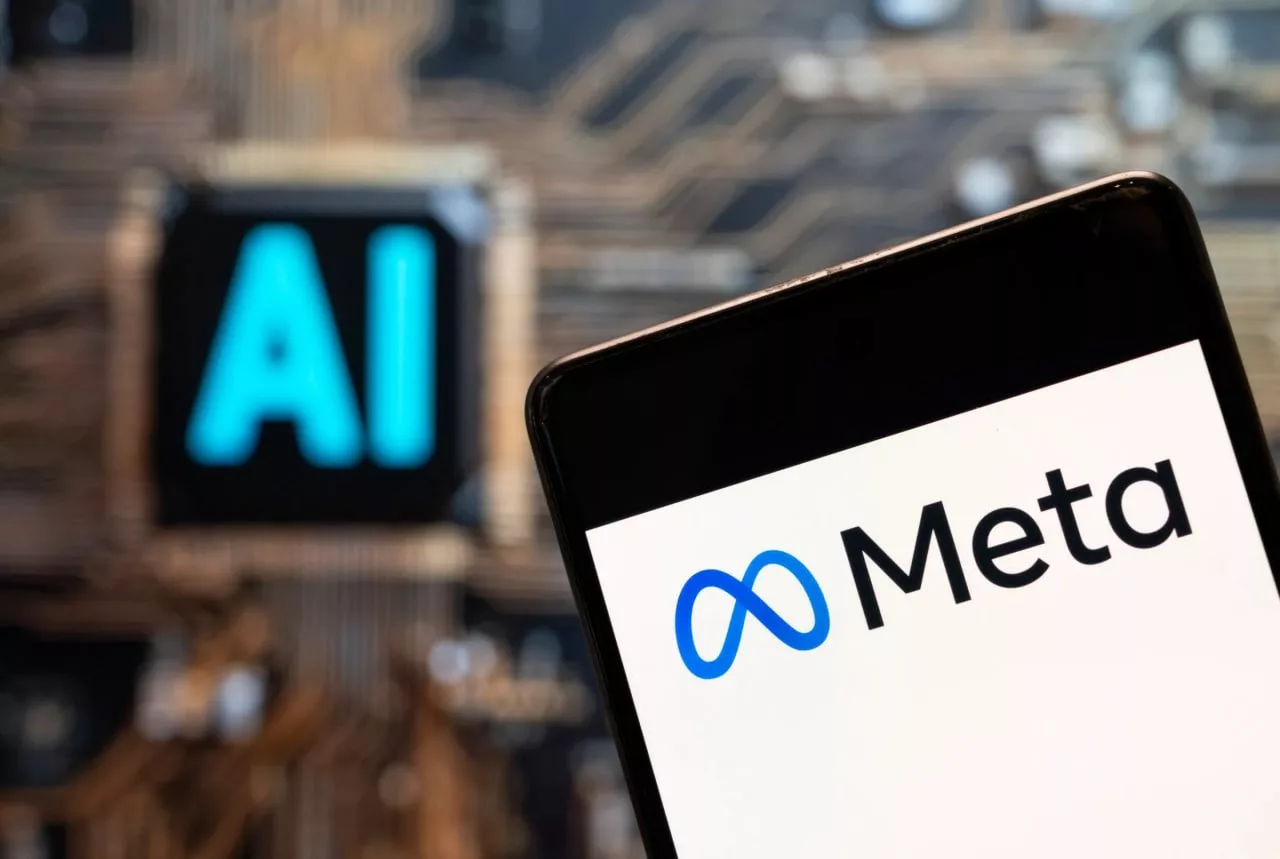The Impact of Politeness on AI Interaction: Examining Costs and Benefits.
This article explores the impact of politeness when interacting with AI chatbots, discussing OpenAI CEO Sam Altman’s claim about the high computational cost of using phrases like “please” and “thank you.” The article delves into the costs associated with politeness, the potential benefits, user perspectives, energy consumption, and potential solutions.
Introduction
Artificial Intelligence (AI) is rapidly permeating various aspects of our lives. Chatbots, a significant application of AI, have become common tools for answering questions, providing information, and performing tasks. As human interaction with these systems increases, questions arise about the appropriate way to interact with them. Should we speak politely to chatbots? And does this politeness come at a cost?Sam Altman, CEO of OpenAI, recently stated that using polite phrases like “please” and “thank you” when interacting with ChatGPT incurs significant computational costs for the company, estimating it adds tens of millions of dollars in expenses. This claim has drawn attention, raising questions about the reasons for these costs and the importance of politeness in AI interaction.
Premium TradingView account only $20 to buy, click here.
Reasons for the High Cost of Politeness
To understand why politeness can be costly for AI, we need a closer look at how these systems work. Large language models like ChatGPT are trained on vast amounts of text data. They learn patterns and relationships between words, using this knowledge to generate appropriate responses.When we speak politely to chatbots, we use specific language patterns that can be more complex than informal language. Processing these complex patterns requires more computation, thus increasing energy consumption and computational costs.Additionally, AI models might be designed to provide more detailed and accurate responses to polite requests. These longer responses require more processing and generation, leading to higher costs.
Benefits of Politeness in AI Interaction
Despite the potential costs, some AI experts believe that behaving politely towards chatbots can have benefits. According to Curtiss Beardsley, Design Director at Microsoft, politeness can lead to respectful outputs and better collaboration, setting the tone for the response.A Microsoft WorkLab note also mentions that when a chatbot recognizes politeness, it is more likely to respond politely, reflecting the professionalism, clarity, and detail of your messages.This perspective suggests that politeness can improve the quality of AI interaction and lead to more desirable outcomes.
User Perspectives
A survey from late 2024 shows that 67% of American users are polite when interacting with chatbots. Among these individuals, 55% stated they are polite because it’s “the right thing to do,” while 12% do it out of fear of a potential AI rebellion!These statistics indicate that many users consider politeness an ethical principle when interacting with AI. The fear of an AI rebellion, though seemingly irrational, reflects existing concerns about AI’s impact on society.
Energy Consumption of AI Chatbots
A joint study by The Washington Post and the University of California shows that generating a 100-word email with AI consumes about 0.14 kWh of electricity, equivalent to running 14 LED bulbs for an hour. If you write just one email a week using a chatbot, you’ll consume as much electricity in a year as it takes to power nine Washington homes for an hour.The same study clarifies the amount of energy consumed by the thousands of lengthy requests given daily to models like ChatGPT, highlighting AI’s significant impact on energy consumption and the need to find ways to reduce it.
Solutions for Reducing Costs and Energy Consumption
Given the potential costs and high energy consumption of AI chatbots, it’s essential to find ways to reduce them. Some solutions include:
- Optimizing AI models to reduce computational complexity
- Using more efficient learning algorithms
- Designing systems that automatically detect the required level of politeness
- Training users to interact more effectively and efficiently with chatbots
Looking Ahead
Interacting with AI is a complex and multifaceted issue requiring careful examination. Sam Altman’s claim about the high cost of politeness highlights that even seemingly simple behaviors can significantly impact computational resources.While politeness can improve the quality of AI interaction, a balance between benefits and costs must be struck. By optimizing AI models, using more efficient algorithms, and training users, we can reduce costs and energy consumption and benefit from AI more sustainably.Additionally, there needs to be a broader discussion about the appropriate way to interact with AI. Should we treat AI like a human? Is politeness merely a cultural behavior or an ethical necessity? Answering these questions can help shape more constructive and responsible interactions with AI.





Post Comment